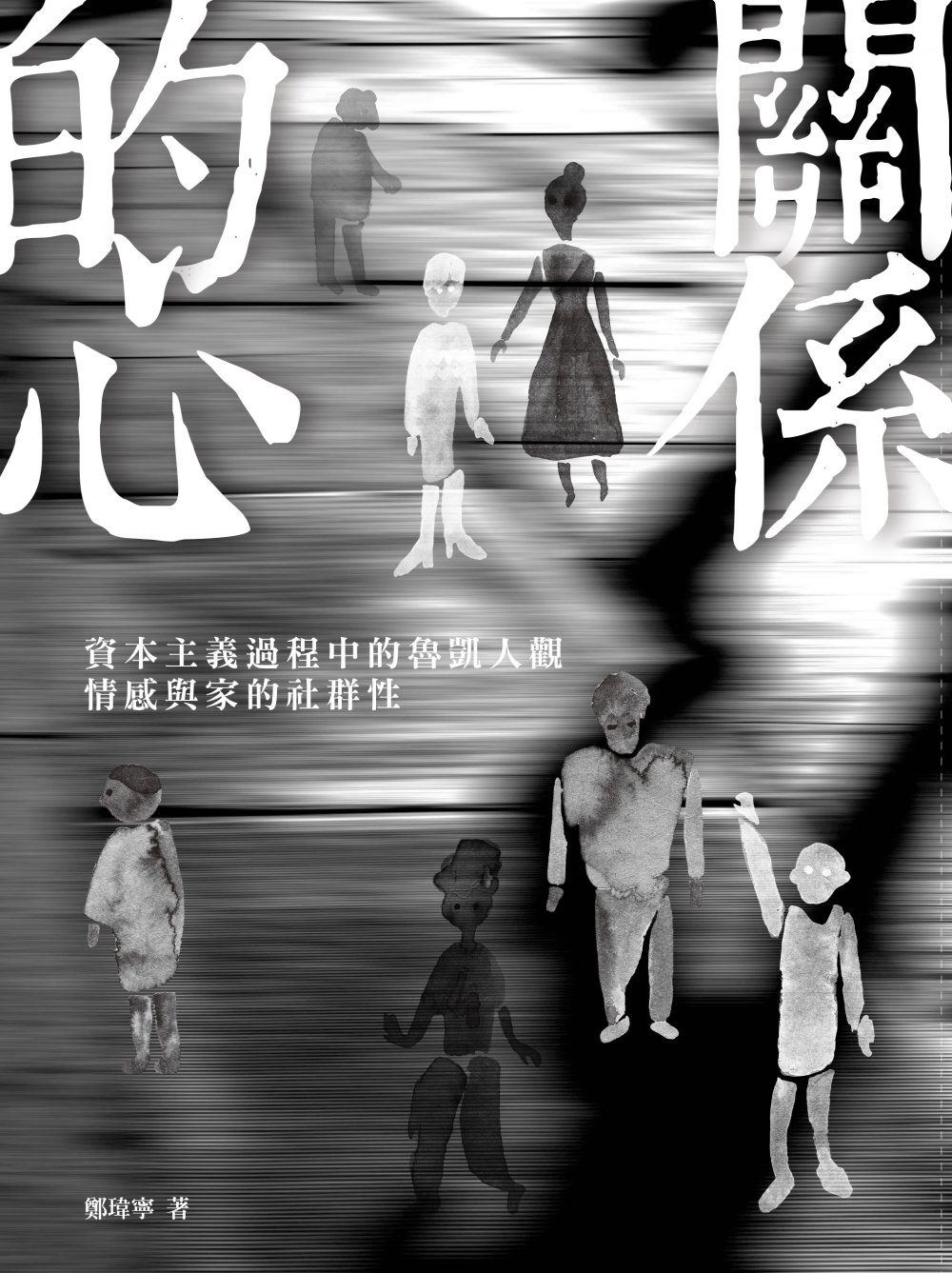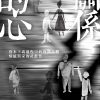- 所內出版品
數典編號: PB_0085242
ISBN/ISSN: 978-986-5432-12-6
藏品名稱: 關係的心:資本主義過程中的魯凱人觀、情感與家的社群性
語文類別: 中文
作者/主編: 鄭瑋寧
出版者: 中央研究院民族學研究所
出版地: 台北市
出版年: 2019
摘要1(中文):
我從關係論視角來分析魯凱人的生命儀禮、社會交換與情感社交,論證「人做為情感主體在歷史上如何出現?」做為研究魯凱人親屬關係本體論關鍵課題,提供以家與親屬為參照點的多重社群性之理論化的基礎。本研究指出魯凱人的人觀、親屬與家的社群性歷經以下轉變:在殖民現代性下,階序關係與各類交換關係主導並將人形塑為符合家之繁衍的性別、情緒與工作的社會存有;資本主義經濟下的自由戀愛促使年輕工作者反抗父母權威,成為表達內心感受的情感主體;金融化之後,生命儀禮與情感社交中的同歡、欲望的伏流、自我美學化以及數位裝置的無意指符號等,將當代魯凱人形塑成面貌各異的情感欲望主體。更重要地,這些關涉到當代以家為中心的社群性之性質。一方面,我主張從當代情感欲望主體的出現來歷史化親屬關係的本體論,並質疑當前親屬研究所預設的普遍人性和跨歷史的、自成一格的親屬邏輯。另一方面,我提議以分裂主體和情感社群性的概念去重新審視並定位當前有關人類主體與社群性的理論思辨。
摘要2(英文):
Taking a relationalist perspective, I investigate the historical transformations which have occurred among the Rukai in Taiwan, with respect to the life cycle rituals, social exchanges, and affective sociability in order to demonstrate how an affective subject comes into existence in socio-historical contexts, thereby breaking fresh ground for the ontology of relatedness. This is connected with the theorization of the multiplicity of domestic sociality. My findings indicate that under Japanese colonialism the principle of social hierarchy and the modes of exchange, for the sake of domestic reproduction, were mainly intended to make the Rukai relational, social beings through gendering, emotional regulation, and working practices. In the wake of industrial capitalism, teenage Rukai workers have begun to defy parental authority by engaging in romantic love, thereby turning into affective subjects. Along with financialization, Rukai people are, unconsciously for the most of part, made subjects of affects and desire through performing the conviviality of life cycle rituals, self-aestheticization, and digitally-mediated asignifying signs. Significantly, this is conducive to how domestic sociality is historically (re)made. On the one hand, I argue for historicizing the ontology of relatedness by way of capturing the historical emergence of a subject of affects and desire locally, which in turn undermines the existing theory in kinship studies positing both the universality of humanity and a tans-historical sui genesis logic. On the other hand, drawing on the concepts of divided subject and of affective sociality, I elucidate their strength and aptness for theorizing on what a human subject and sociality are in the contemporary world.
全文影像:



